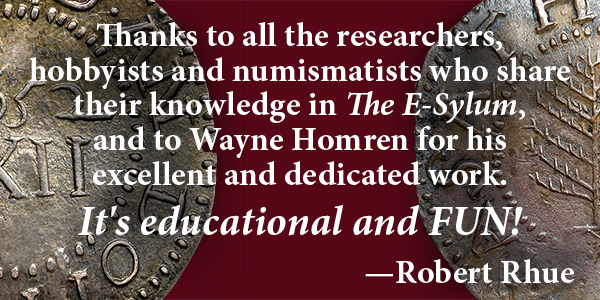
PREV ARTICLE
NEXT ARTICLE
FULL ISSUE
PREV FULL ISSUE
NEW BOOK: THE POWER OF CASHThe Wall Street Journal reviewed a new book making the argument for cash. Great headline: "When Paper Beats Plastic." -Editor
Mr. Zagorsky's conversion to cash came when he served as an unpaid adviser for a Boston Federal Reserve survey of how people paid for things. He helped design and implement the survey from 2010 to 2018, a period when many Americans were shifting from paying in cash to using electronic payments for even their most mundane daily purchases. In 2015, he reports, 17.1% of Americans said they did not carry cash. By 2022 that number had more than doubled to 34.6%. Among 18-to-34-year-olds the number not carrying cash went from one in four to almost one in two. The author notes a similar shift in the use of ATMs. Visits to bank machines peaked in 2009 with about six billion withdrawals. By 2021 the number of ATM withdrawals had fallen to less than four billion. Germany still loves cash. A 2021 survey found that only 4% of Germans did not carry cash, and 30% said cash was their preferred method of payment despite their access to all the modern digital-banking systems. But so what? Does it make any difference if we zap and ping rather than use cash and coins? Perhaps we should roll it even further back to cowrie shells. Mr. Zagorsky believes cash still matters and his argument falls under three broad categories. First is the case for national security. Mr. Zagorsky observes that "a cashless society stands on three legs: a continuous and stable supply of electricity, communication networks working all the time, and secure computers." What happens if an earthquake strikes, or a foreign enemy takes down the communication and banking systems? In the ensuing chaos and darkness, the author writes, those with cash will survive and those without will be left waving their plastic into the wind. Second is the personal-finance case. We know that when people spend cash, they tend to feel the cost of their purchase more acutely than when they pay electronically. Handing over notes triggers a different set of reactions in the brain than merely swiping a card. We feel the loss more, and become more attached to what we buy when we pay in cash. Banks and credit-card companies know this, and encourage us to swipe because we are likely to spend less carefully. Finally, there is the social-justice case. The unbanked poor still depend on cash, as do people who beg for money on the street. Cash does not require an immigrant or tourist to read transaction documents in a foreign language. It also cannot be arbitrarily cut off by autocratic governments. As he builds his argument for cash, Mr. Zagorsky offers a brief history of the rise of personal credit. The prevalence of plastic is relatively new. Five years after Neil Armstrong returned from the moon in 1969, he applied for a Diners Club card. He was rejected for not having enough income. Today, offers flood into our inboxes offering cards designed for every kind of financial situation. As a collector, I suppose I should be a defender of cash. I'm certainly still a sometime user of cash, and agree that in the short term at least, people with physical cash on hand will have an easier time should there come a day when the electronic version ceases to work. But I'm also a believer in human nature to overcome obstacles of all kinds, and without electronic cash and not enough of the physical kind to go around, people will find or create workable substitutes, just as they have over the centuries whenever cash is in short supply. -Editor
To read the complete article (subscription required), see:
For more information, or to order, see:
While not about the physical version of dollars, WSJ also reviewed a pair of books on the timely topic of the strength and primacy of the U.S. dollar in the world economy. -Editor
To read the complete article (subscription required), see:
For more information, or to order, see:
Wayne Homren, Editor The Numismatic Bibliomania Society is a non-profit organization promoting numismatic literature. See our web site at coinbooks.org. To submit items for publication in The E-Sylum, write to the Editor at this address: whomren@gmail.com To subscribe go to: Subscribe All Rights Reserved. NBS Home Page Contact the NBS webmaster 
|




